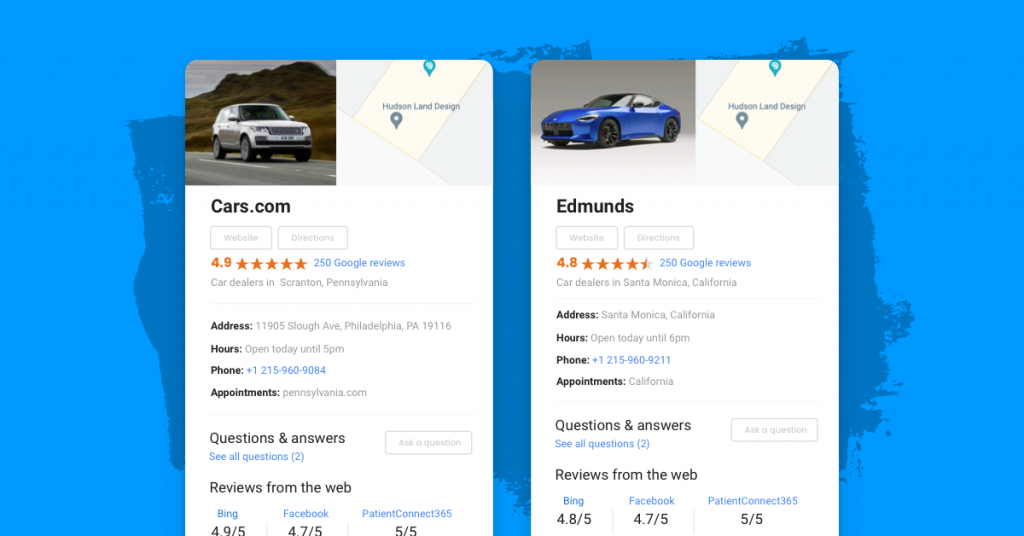Connecting You to Living: The Requirement for a Private Car
In today's fast-paced world, the importance of individual mobility has not been greater evident. A car is more than a mode of transportation; it is a vital tool that links us to our lives, our work, and our families. With the constant needs of modern life, having a personal car can significantly enhance your everyday experiences, providing the liberty to move without limitations.
Imagine the convenience of hopping in your car and going to your favorite spot, whether it’s a spontaneous weekend getaway or a brief trip to the grocery store. Owning a car means you have the freedom to explore new places or simply appreciate the comfort of your own space while traveling. automotive news enables you to take control of your schedule and reduces the stress of relying on public transportation or ridesharing services. In a society where every moment is of the essence, a personal car can be your key to achieving a better engaged and satisfying life.
This Freedom of Mobility
Having a personal car unlocks a world of freedom that buses and trains simply is unable to provide. With your personal vehicle, you can go whenever you wish you want without having to depending on schedules or itineraries set by others. It grants spontaneous trips, be it a spontaneous outing with friends or a calm drive through the scenic routes. You are in control of your journey, determining the time and pace that fits you the most.
Road trips become an thrilling prospect, presenting adventures and excursions that are readily reachable with a personal car. Picture the joy of preparing and hitting the road to explore new places, cities, and experiences. You can take detours, take a break for a beautiful sight, or find a local restaurant that piques your curiosity. The versatility of having your own car means you can create unique travel narratives tailored to your interests.
In addition, a personal car boosts convenience in everyday activities, making chores and commutes significantly simpler. Whether it's supermarket shopping, commuting to work, or getting children from school, having a car minimizes the trouble of coordinating with public transport and increases efficiency. This independence allows individuals to manage their timing better, leading to a more fulfilling and gratifying lifestyle.
Economic Benefits of Owning a Car
Possessing a car can lead to considerable cost savings eventually. For many individuals, public transportation costs can add up quickly, especially in cities with inefficient systems. A personal car takes away the need for daily fare expenses, and the convenience of owning a vehicle saves costs on rideshares and taxis. In addition, with the option to carpool or share rides, owners are able to additionally reduce their transportation spending.
Furthermore, having a car improves job opportunities and career growth. A variety of roles require mobility that public transport is unable to adequately provide, notably in areas where jobs are located. By owning a car, individuals have the opportunity to explore a wider range of employment options, possibly resulting in higher incomes and better job satisfaction. This increased mobility can also facilitate networking and professional development opportunities.
In addition, owning a car can provide affordable options for family needs. With a personal vehicle, families are able to reduce the expenses linked to regular taxi rides or rental cars for family trips. Cars allow bulk shopping, which helps in saving on food and essential items. This capability contributes to better financial management and can result in improved quality of life through convenience and enhanced mobility.
Ecological Implications
Although owning a car offers convenience and freedom, it is crucial to consider the environmental implications of vehicle use. Cars contribute to greenhouse gas release, which are a significant factor in climate change. The non-renewable fuels burned in vehicles emit carbon dioxide and additional pollutants into the atmosphere, impacting the environment and the well-being of our planet. Transitioning to more sustainable options, such as electric or hybrid vehicles, can help mitigate these effects.
Additionally, urban sprawl and growing vehicle traffic have resulted to habitat destruction and greater energy usage. Minimizing reliance on personal cars can support more eco-friendly habits, such as carpooling, using public transportation, or embracing alternative modes of transport like biking or walking. Cities that prioritize sustainable transportation can enhance not only the environment and the quality of life for residents.
Finding a compromise between the need for personal vehicles and environmental responsibility encourages innovation in the automotive industry. Many manufacturers are now concentrating on developing more environmentally friendly technologies, which can lead to cleaner and more efficient cars. By making thoughtful decisions about vehicle use and advocating for sustainable options, individuals can play a role to a healthier planet while maintaining the mobility that cars afford.
